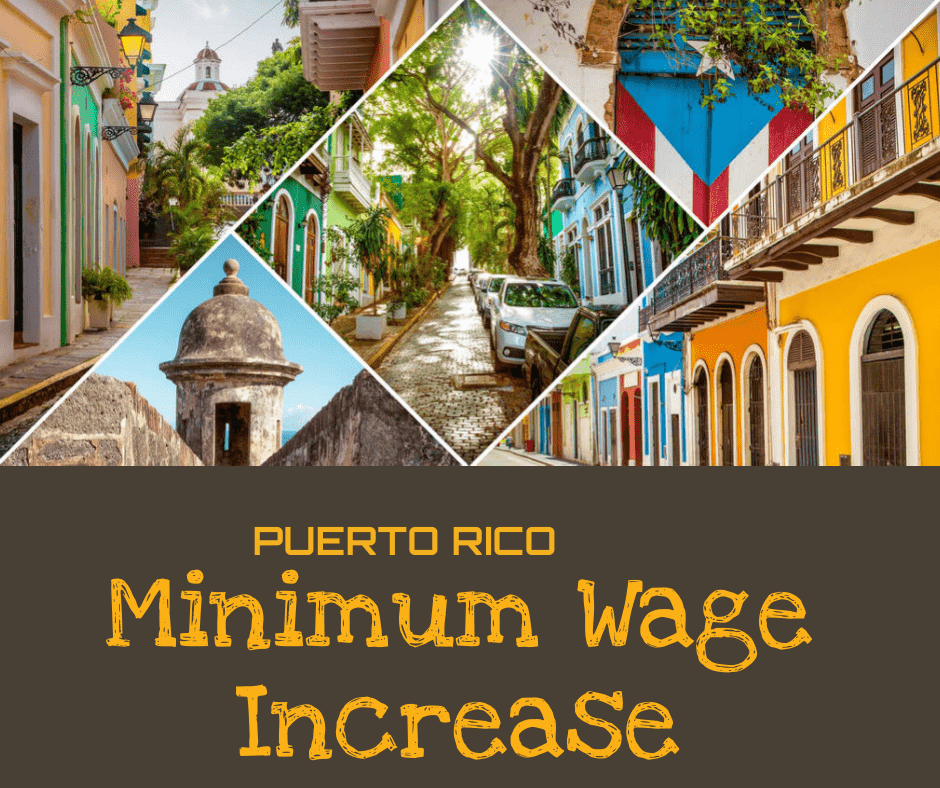The low wages in Guam and Puerto Rico are a major source of hardship for many workers in these territories. Despite being part of the United States, both territories have significantly lower minimum wages compared to the mainland, which leads to many workers struggling to make ends meet. Low wages often result in poverty, which can have serious long-term effects on both the individual and the local economy.
Puerto Rico, in particular, has been hit hard by the long-term economic effects of Hurricane Maria, Hurricane Fiona, and the COVID-19 pandemic, making the need for a higher minimum wage even more pressing. The recent passage of the “Puerto Rico Minimum Wage Act” is a step in the right direction, as it establishes a higher minimum wage and creates a board to periodically review and potentially increase the minimum wage every two years. The new law recognizes the importance of ensuring that all workers earn enough to cover their basic living expenses and that no full-time worker should live below the poverty level. Puerto Rico’s minimum wage will automatically increase to $9.50 per hour on July 1, 2023 and $10.50 per hour on July 1, 2024.
In comparison, Guam has a minimum wage of $9.25 per hour, but this is still not enough to provide workers with a comfortable standard of living. The cost of living in both territories is relatively high, and many workers struggle to pay for basic necessities like housing, food, and healthcare. The low wages in Guam and Puerto Rico are a major barrier to economic growth and prosperity, as they limit the spending power of local consumers and prevent the development of a strong middle class.
It is imperative for lawmakers to take action to increase the minimum wage in Guam and Puerto Rico to ensure that workers can meet their basic needs and have a better quality of life. The recent steps taken in Puerto Rico are a positive example of what can be done to address this issue, and it is crucial that similar steps be taken in Guam as well. By ensuring that workers are paid a living wage, both territories can lay the foundation for long-term economic growth and prosperity.

